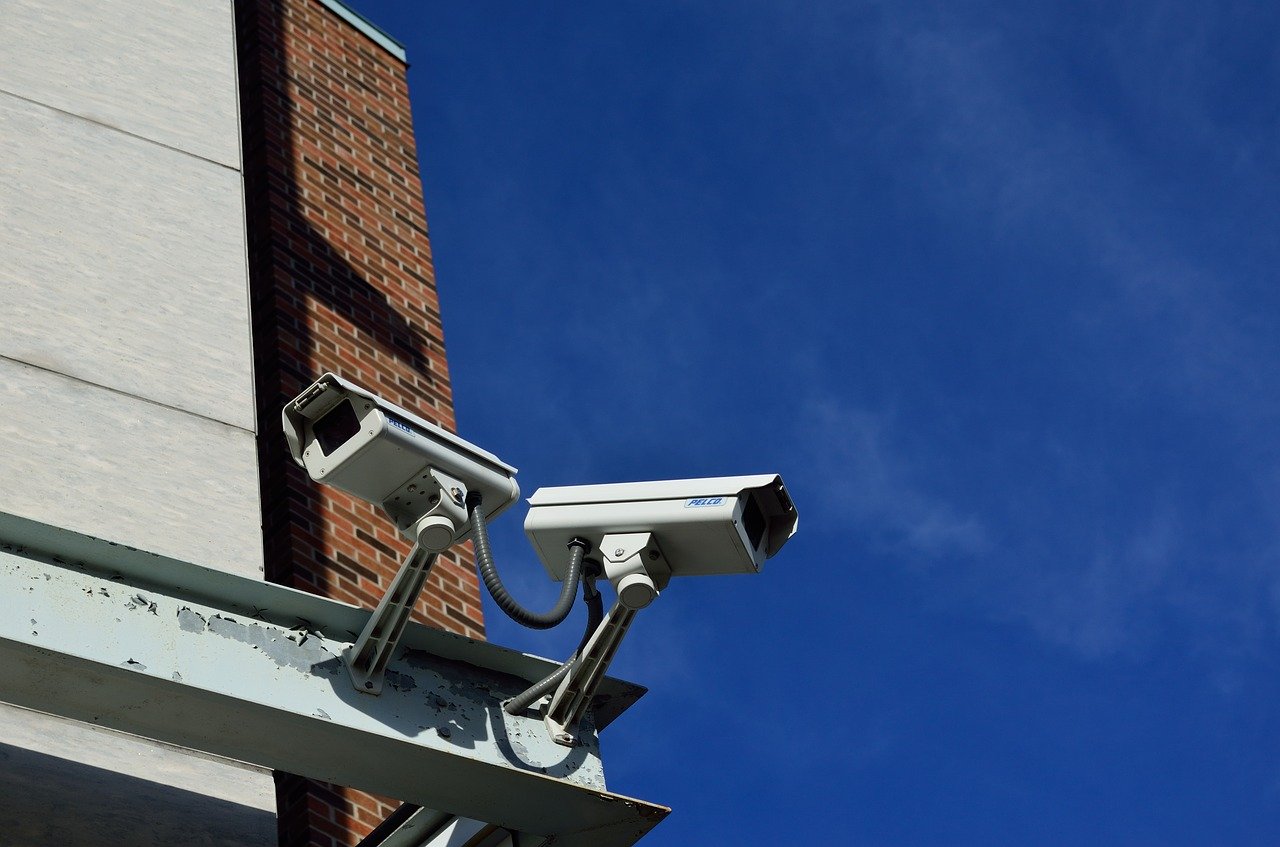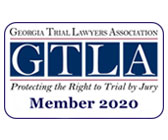Landlord Responsibility for Tenant Safety
If you are a tenant leasing a home or an apartment, it’s easy to think of your landlord as no more than the person or company who collects your monthly rent and provides you with a key to your apartment. Georgia law, however, acknowledges that there is more to the landlord-tenant relationship than simply providing a place to live. At the Crime Victim Law Group of Deitch & Rogers, LLC, we specialize in one of the most vital responsibilities a landlord has toward their tenants: safety.
If you’ve been injured as a result of a crime on a rental property, you may be eligible for compensation. However, in order to determine whether you have a viable premises liability claim, it’s important to understand just how far a landlord’s responsibility for tenant safety goes. Here’s what you need to know.
Landlord Responsibilities in Deterring Crime
When entering into a rental contract, tenants have a basic right to expect that the landlord will take reasonable steps to keep the rented premises safe. In order to respect this right, landlords must satisfy all state and local laws regulating the safety of their rental properties.
In the state of Georgia, it is a landlord’s responsibility to ensure that all doors and windows have appropriately designed and functioning locks. Additionally, common areas, such as parking lots, should have proper lighting to deter crime, and fencing may also be needed around the premises to discourage unwanted guests. These security measures must be in proper working condition at all times, and quick repairs are essential if they are broken or defective.
These are the basic precautions that all rental property owners should follow. Unfortunately, many landlords do not take these precautions, much less additional measures such as video surveillance in common areas or hiring security personnel. However, when a landlord has reason to anticipate that a criminal offense might occur on the premises and potentially harm the occupants, the landlord may need to implement these and other measures.
Another important component of a tenant’s right to safety is knowing that other tenants on the property do not have a history of violent or dangerous crime. In order to determine whether a potential tenant may present a safety risk to other tenants, landlords are authorized to run criminal background checks on every prospective tenant. Beyond that, a landlord should keep tenants informed of any violent or dangerous crimes occurring on the property, such as assaults or drug dealing. This will ensure tenants know to be on the lookout and the necessary precautions.
If you believe your landlord allowed or ignored illegal activity on their property, leading to serious violent injury toward yourself or a loved one, please contact our attorneys immediately.






